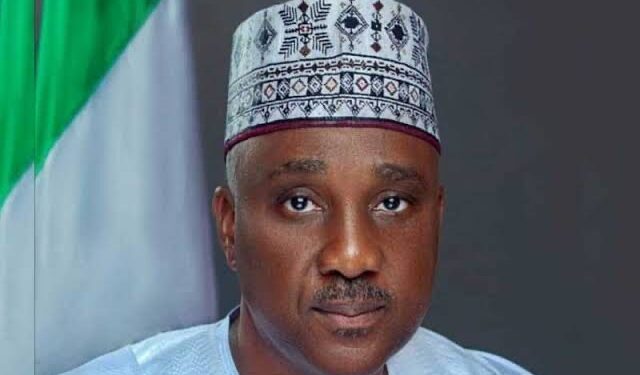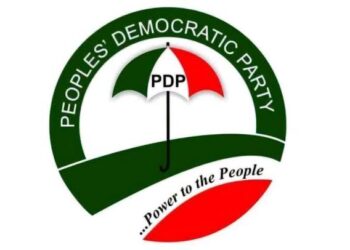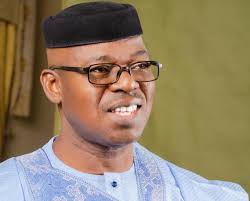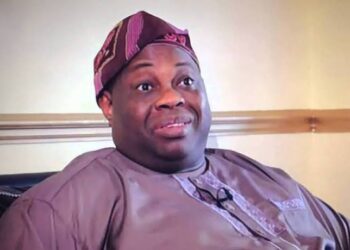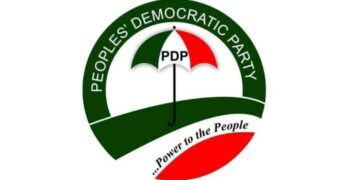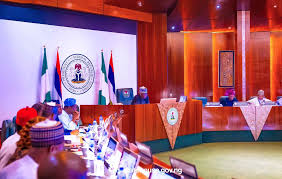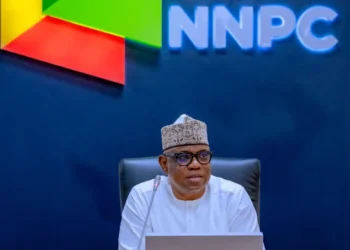Human rights lawyer Inibehe Effiong has strongly criticized Tajudeen Abbas, the Speaker of the House of Representatives, accusing him of attempting to undermine Nigeria’s democratic principles. Effiong’s comments come in response to a controversial bill proposed by Speaker Abbas that is scheduled for a second reading in the House.
Effiong argues that the bill, which suggests harsh penalties for actions deemed as promoting separatism or inciting conflict, poses a serious threat to fundamental democratic rights, such as freedom of expression and peaceful assembly. According to the bill, individuals convicted of making statements or taking actions that lead to separatist activities or conflict between groups could face up to 25 years in prison, a fine of 10 million Naira, or both.

The bill also outlines severe penalties for various offenses against national symbols and government authority. Those who destroy national symbols, refuse to recite the national anthem or pledge, or vandalize places of worship with the intent to incite violence could be fined 5 million Naira, imprisoned for up to 10 years, or both. This broad scope of penalties raises concerns about the potential suppression of dissenting voices and public criticism.
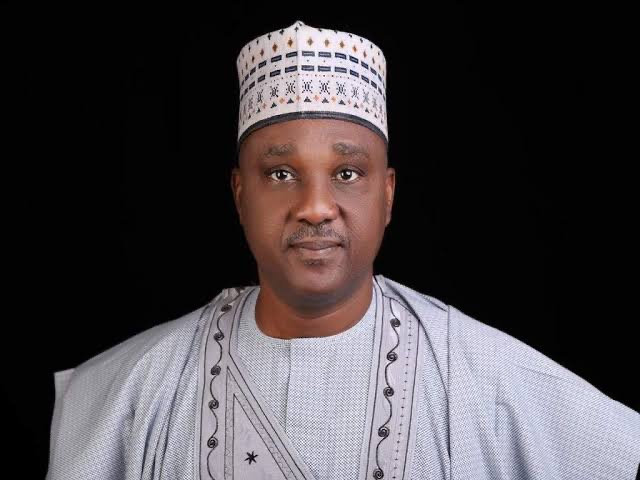
In addition, the bill proposes fines and imprisonment for illegal activities such as setting up unauthorized roadblocks, conducting illegal road traffic duties, imposing unapproved curfews, or holding unauthorized processions. Those found guilty of these offenses could face a fine of 2 million Naira up to 5 years in prison, or both.
The bill also targets criticism of leaders at various levels of government. It stipulates fines of 4 million Naira or imprisonment for up to 2 years for anyone convicted of denigrating or bringing disrepute to community, religious, or governmental leaders.
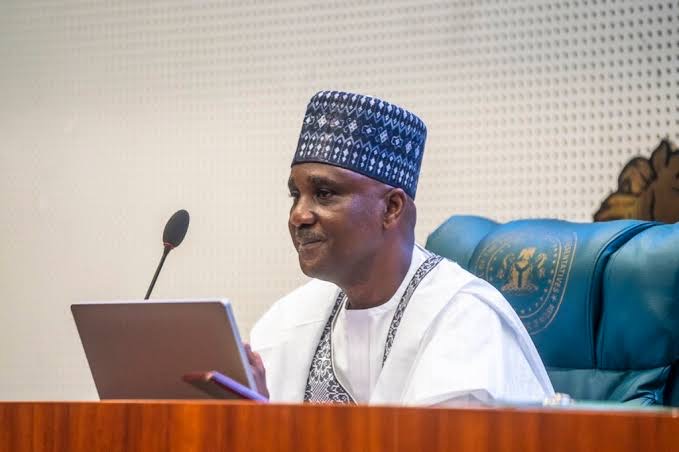
Effiong, in a post on his X account, called on Nigerians to reject the bill in its entirety. He warned that if the bill becomes law, it would drastically limit citizens’ rights to dissent and express their opinions freely. “This bill represents a serious threat to our democratic freedoms,” Effiong stated. “It’s an attempt by those in power to stifle opposition and control public discourse. I urge all Nigerians, regardless of political affiliation, to unite in opposition to this draconian measure.”
He emphasized the importance of defending democratic rights, concluding, “If this bill is passed, Nigeria could face a severe erosion of its democratic values. We must stand firm and reject this bill to protect our freedoms and ensure that our democracy remains vibrant and inclusive.”


